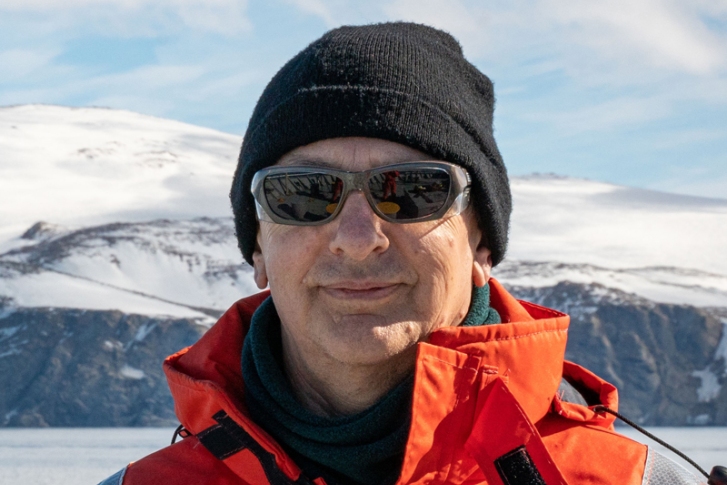Understanding and predicting the sources of contaminants, developing technologies to clean up the sources, and understanding the consequences of water quality degradation for aquatic ecosystems and human use of waterways.
Water quality degradation is mostly a result of diffuse-source contaminants and the spatial and temporal variability associated with these sources. Diffuse pollution is far more difficult to identify and control than point-source pollution, as highlighted in the conference on diffuse pollution we hosted, DipCon 2011.
How pollution spreads out over time downstream of point sources also presents challenges to those managing water resources. This programme aims to fill the gaps in the scientific understanding of the high-level issues, such as cumulative and multiple-stressor effects and ecosystem tipping points, and will be followed by catchment and local scale water quality modelling.
Programme Leader: Dr Rupert Craggs
Objectives:
- Developing and applying monitoring technologies, statistical assessment methods and community monitoring approaches to assess the state, trends and drivers of water quality.
- Identifying water quality limits and tipping points using experimental and observational approaches. Providing support to MfE for revision of water quality objectives (National Objectives Framework, NOF) and to communities for limit-setting processes.
- Developing, trialling and promoting natural treatment technologies for wastewater and diffuse pollution sources, to maintain and improve water quality while allowing for catchment development.
- Developing and applying models and decision support tools for management within limits and informing policy.
Research projects:
- Risk assessment of contaminants in traditional food sources
- Framework for interoperability of freshwater models
- Bio-oil from wastewater algae
- Urban planning that sustains waterbodies
- Models for the performance of stormwater treatment devices
- Lake Brunner Water Quality
- Management of cumulative effects on freshwater ecosystems
- Web-based tool providing access to urban stormwater quality data
- Literature Review of applicability of controlled drainage for New Zealand dairy farming systems
- Temporal disaggregation techniques for sediment loads
- Contaminant attenuation at the land-water interface
- Phosphorus mitigation planning tool
- Selwyn Waihora Limit Setting Project
Key science collaborators:
- AgResearch Ltd
- Auckland Council
- Cawthron Institute
- Environment Canterbury
- Hawkes Bay Regional Council
- Landcare Research
- Taranaki Regional Council
- Tipa and Associates
- University of Auckland School of Environment
- University of Waikato
Recent publications:
See a list of our recent publications






